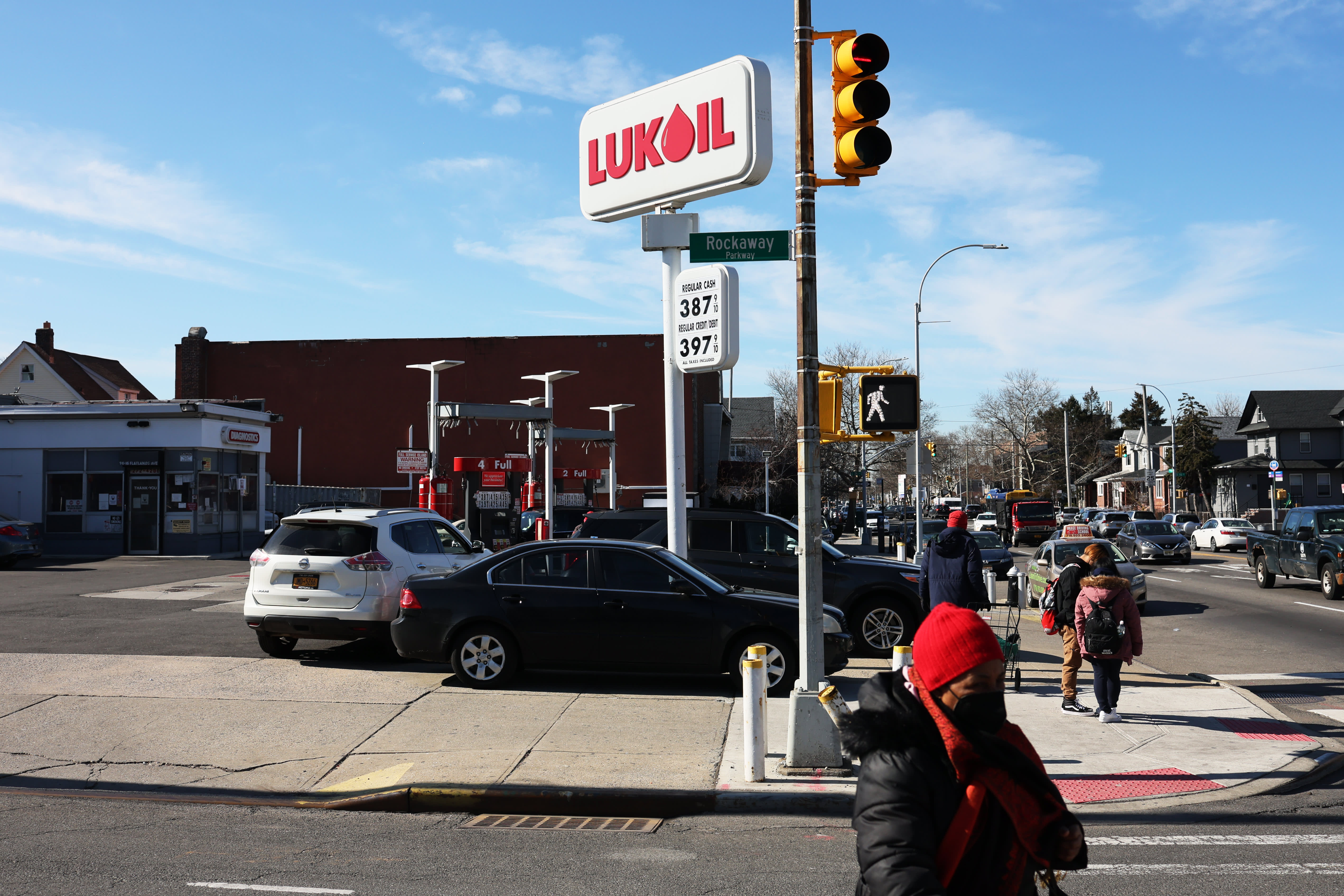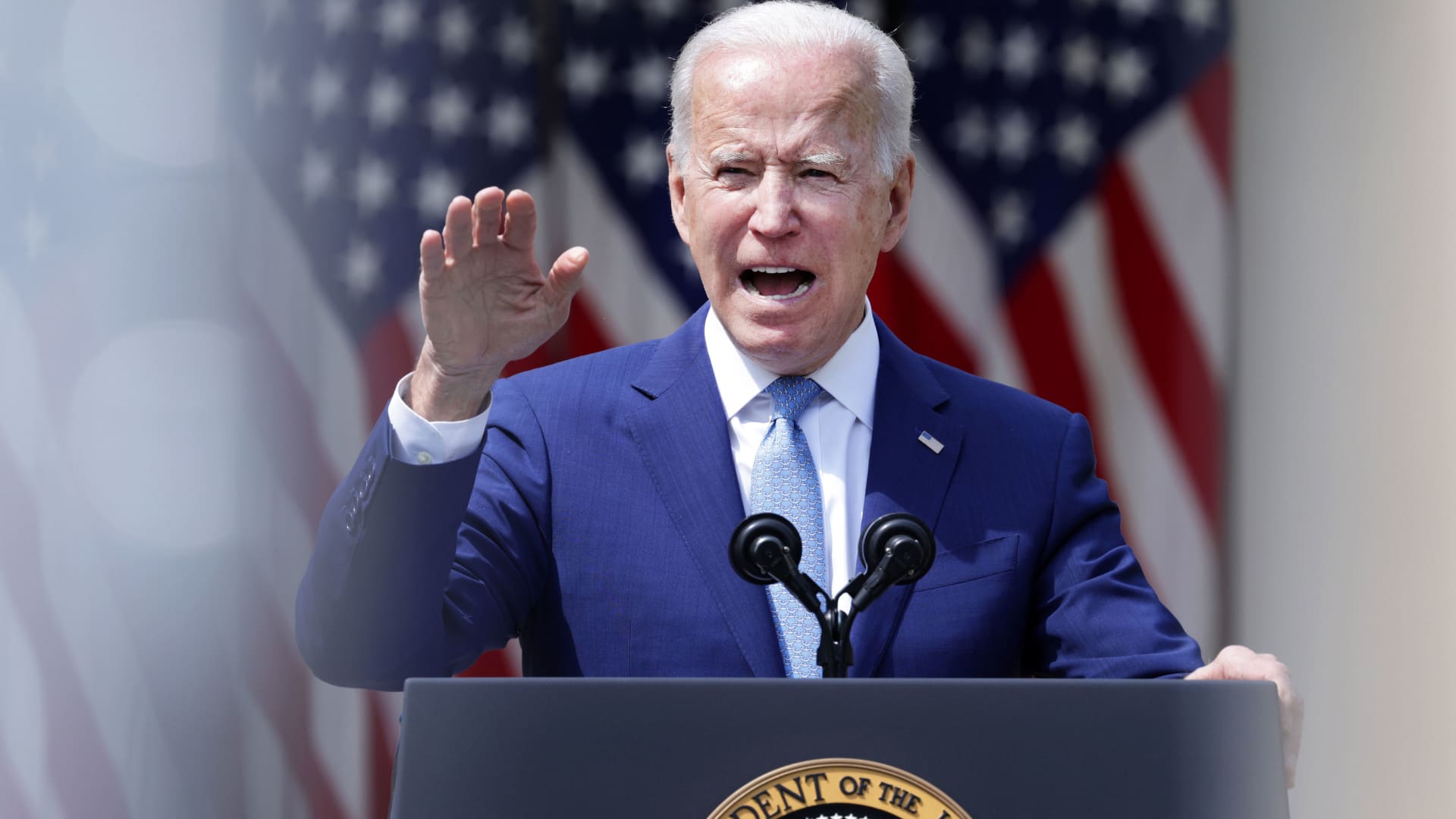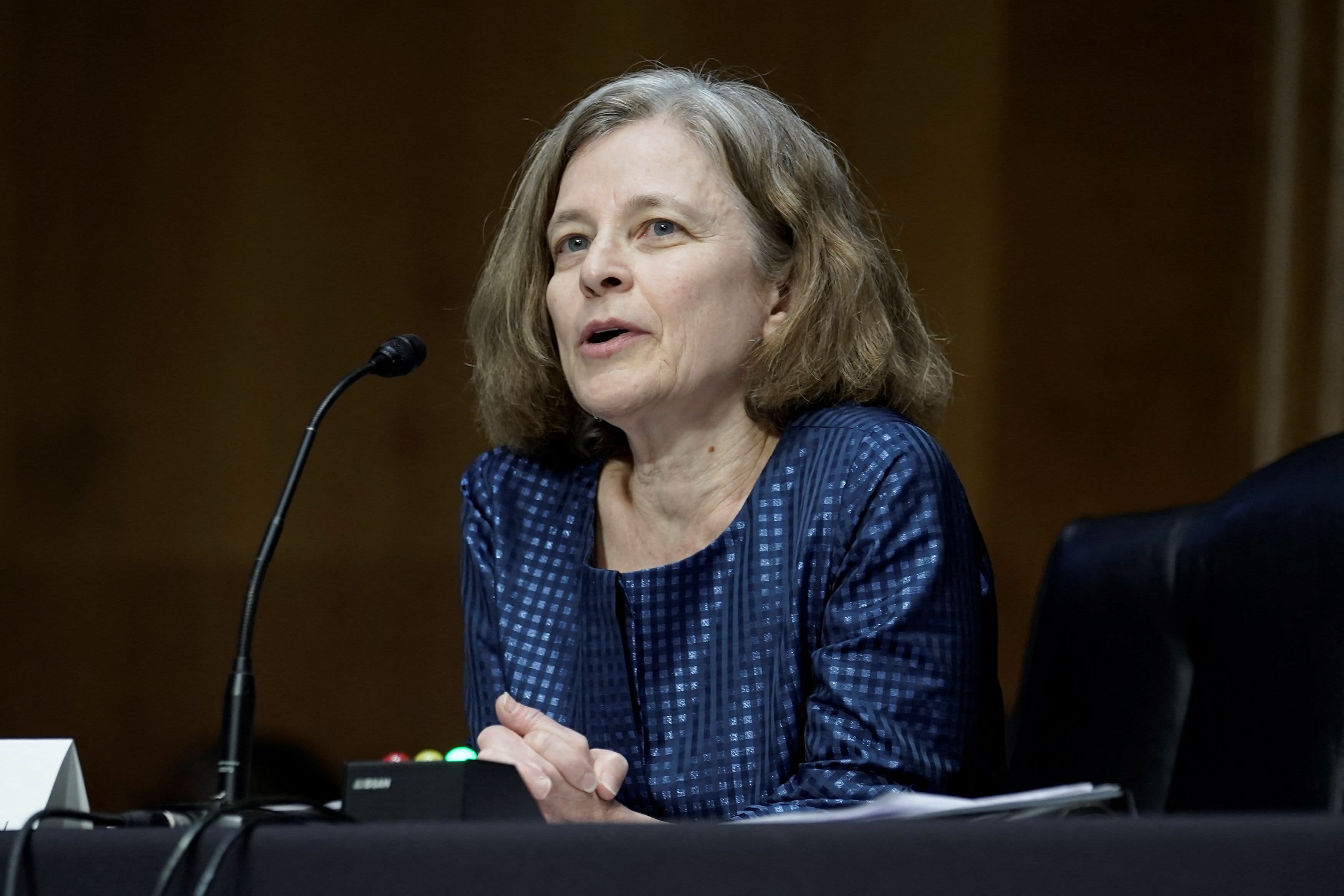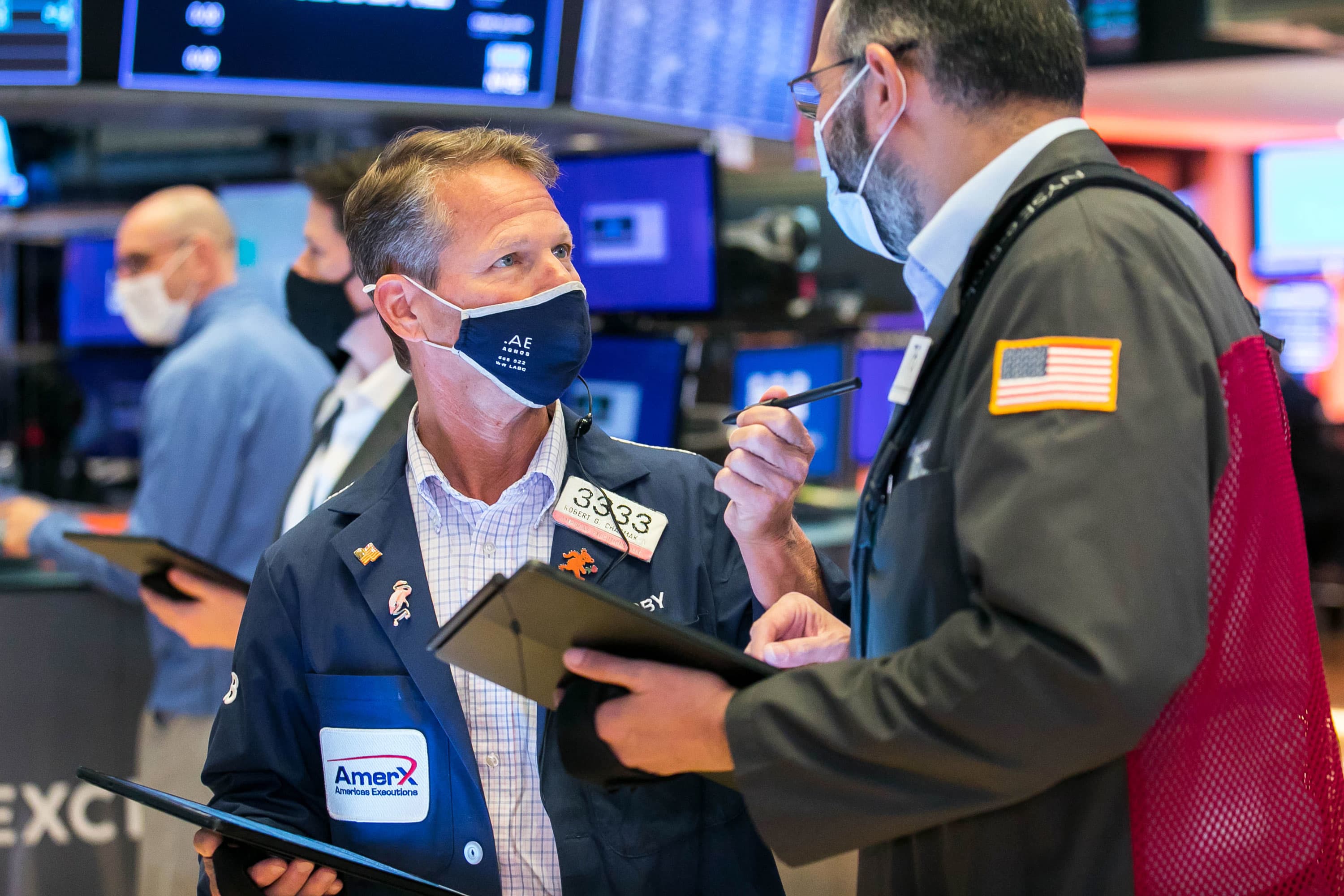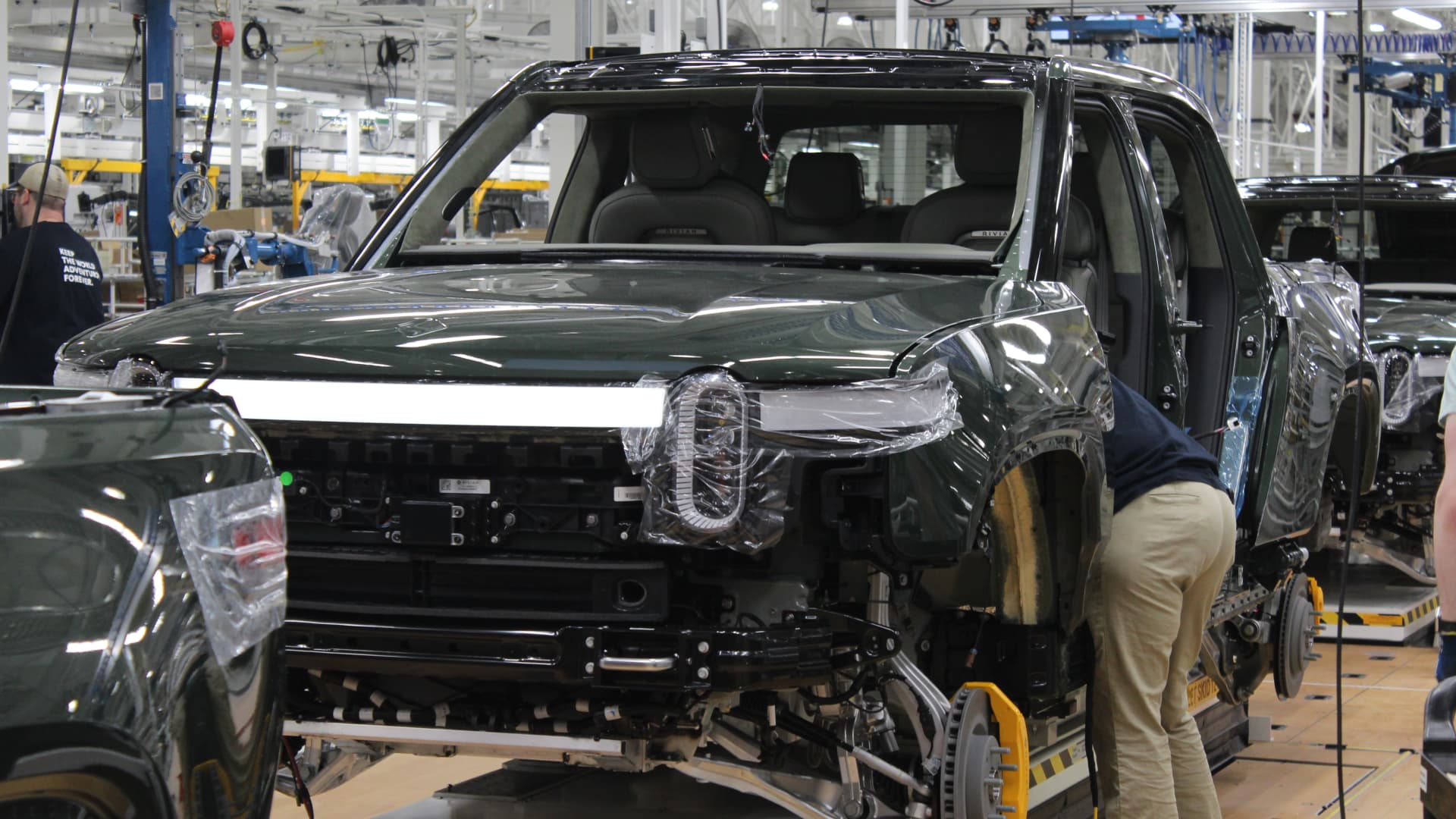OpenAI CEO Sam Altman seeks as much as $7 trillion for new AI chip project: Report
OpenAI CEO Sam Altman wants to overhaul the global semiconductor industry with trillions of dollars in investment, The Wall Street Journal reported.
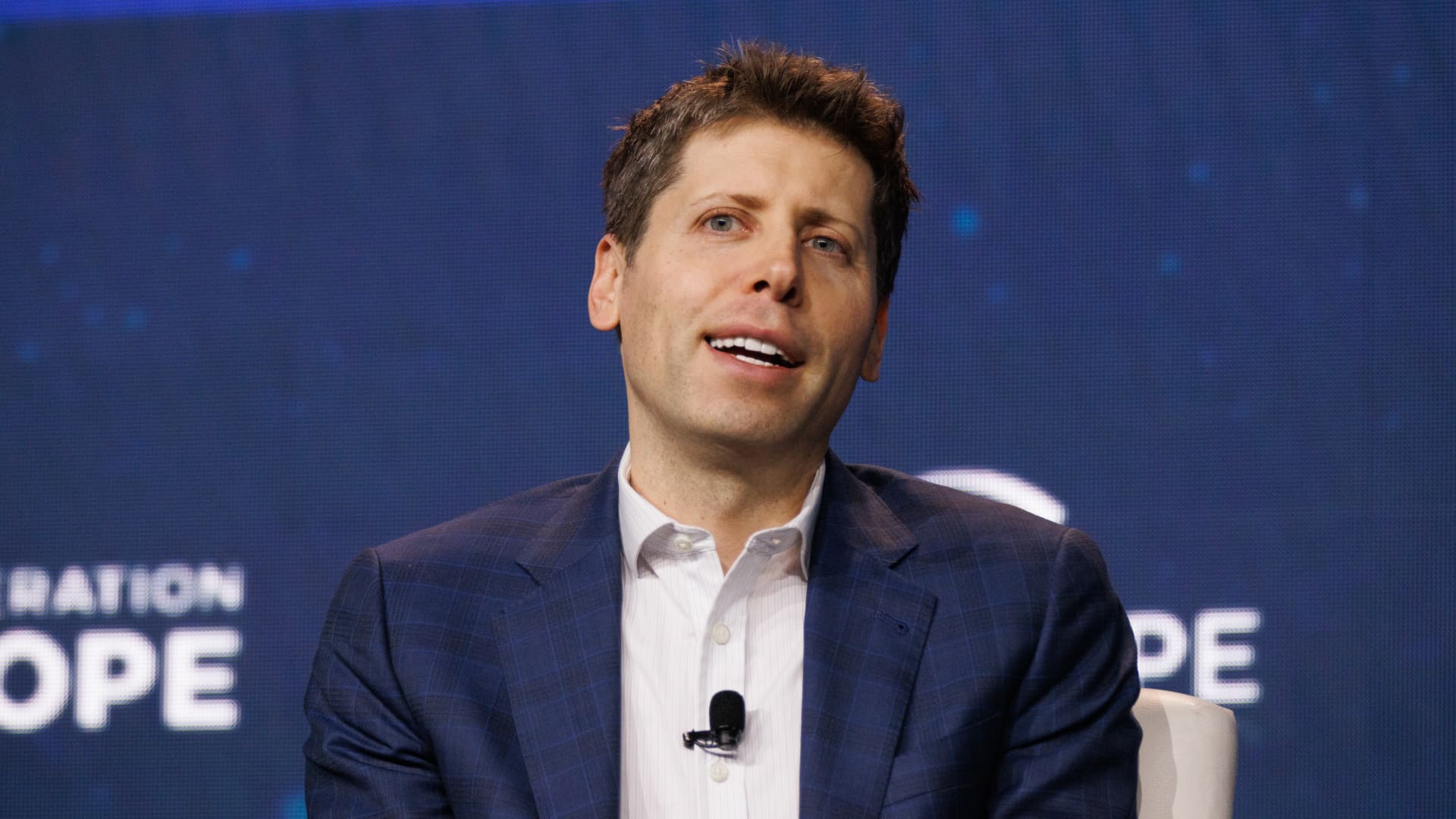
Sam Altman, CEO of OpenAI, at the Hope Global Forums annual meeting in Atlanta on Dec. 11, 2023.
Dustin Chambers | Bloomberg | Getty Images
OpenAI CEO Sam Altman is seeking trillions of dollars in investments to overhaul the global semiconductor industry, The Wall Street Journal reported.
Altman has long talked of the supply-and-demand problem with AI chips — many AI giants want them, but there aren't enough to go around — and that it limits OpenAI's growth. He's considering a project that would increase global chip-building capacity, according to a Thursday evening report in The Wall Street Journal, and is reportedly in talks with different investors, including the government of the United Arab Emirates.
Altman could need to raise between $5 trillion and $7 trillion for the endeavor, The Wall Street Journal reported, citing one source. CNBC could not confirm the number. OpenAI did not respond to a request for comment.
On Wednesday, Altman posted on X that OpenAI believes "the world needs more ai infrastructure--fab capacity, energy, datacenters, etc--than people are currently planning to build." He added that "building massive-scale AI infrastructure, and a resilient supply chain, is crucial to economic competitiveness" and that OpenAI would try to help.
The news follows some controversy over some of Altman's previous chip endeavors and investments.
Just before Altman's brief ouster as CEO of OpenAI, he was reportedly seeking billions for a new and not-yet-formed chip venture code-named "Tigris" to eventually compete with Nvidia, traveling to the Middle East to raise money from investors.
In 2018, Altman personally invested in an AI chip startup called Rain Neuromorphics, based near OpenAI's San Francisco headquarters, and in 2019, OpenAI signed a letter of intent to spend $51 million on Rain's chips. In December, the U.S. compelled a Saudi Aramco-backed venture capital firm to sell its shares in Rain.
Nvidia has been the big moneymaker during the past year's generative AI boom, with its market cap more than tripling in 2023. The company's graphics processing units, or GPUs, power the large language models created by OpenAI, Alphabet, Meta and a growing crop of heavily funded startups all battling for a slice of the generative AI pie.
Nvidia currently controls about 80% of that AI chip market with a current market cap of about $1.72 trillion, not far from overtaking tech giants such as Amazon and Alphabet in market cap. Altman likely seeks to change that.
In November 2022, when OpenAI's ChatGPT launched, the company had a limited number of GPUs and capacity, and largely thought of itself as a company that builds tools for developers and businesses, OpenAI COO Brad Lightcap told CNBC last November. When it came to releasing its now-viral ChatGPT bot, Lightcap recalled that Altman was a big proponent of "just trying it," his thesis being that there was something important and personal about text-based interaction with the models.
The move paid off. ChatGPT broke records at the time as the fastest-growing consumer app in history, and now has more than 100 million weekly active users, along with more than 92% of Fortune 500 companies using the platform, according to OpenAI.
Last November, OpenAI's board ousted Altman, prompting resignations — or threats of resignations — including an open letter signed by virtually all of OpenAI's employees, and uproar from investors, including Microsoft. Within a week, Altman was back at the company. Since then, OpenAI has announced a new board, including former Salesforce co-CEO Bret Taylor, former Treasury Secretary Larry Summers and Quora CEO Adam D'Angelo. Microsoft obtained a nonvoting board observer position, and the company still plans to add more seats.

 Troov
Troov 







